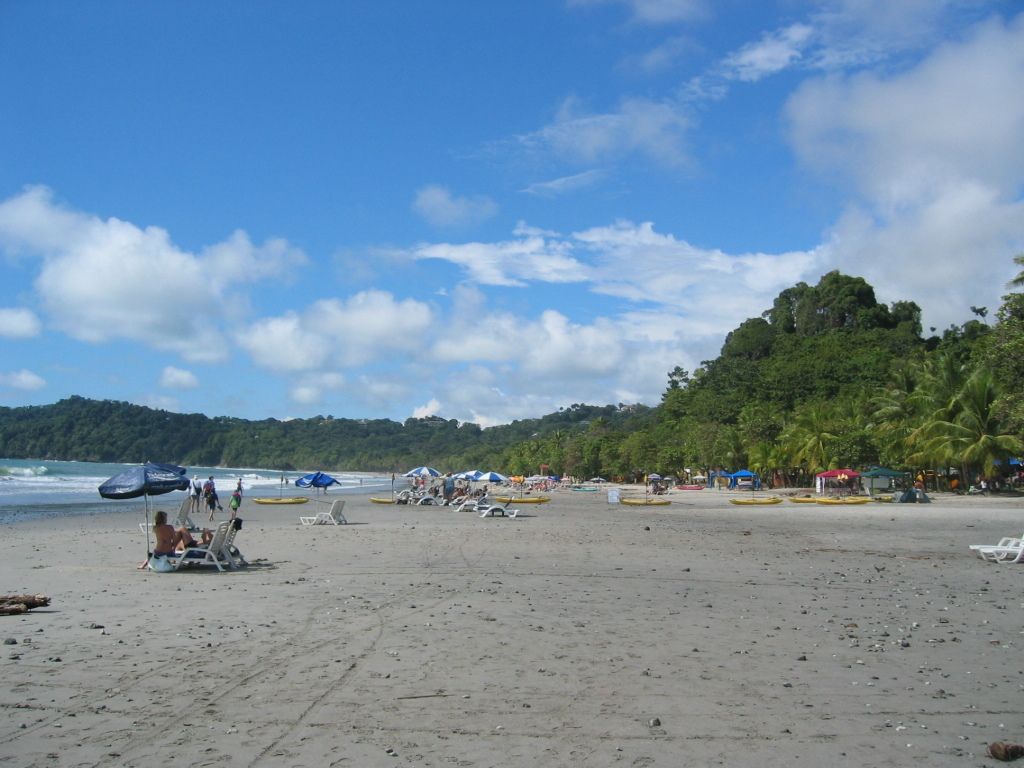Local ombudsman shares key concerns of the public
In the Krasnoyarsk region, the number of complaints from the population has decreased, but there's still plenty of issues to tackle. At a recent parliament meeting, the Ombudsman for Human Rights, Mark Denisov, shared his annual report, once again raising concerns about various aspects of life in the region.
His annual report revealed a total of 1,945 complaints, a 6% decrease compared to the previous period. This represents approximately 3,900 individuals, with many complaints being collective. Interestingly, the number of collective complaints has also decreased.
The Troubles of Kuragino
Complaints originated predominantly from northern districts and, notably, from the Kuragino district, where the number of complaints doubled. According to Denisov, the ongoing issues with the liquidation of a well-known religious organization are causing distress. He estimated that around 4,500 individuals were once part of this group.
Denisov proposed putting an end to the ongoing struggles over land ownership that are disturbing former members of the sect. He emphasized the need for the community in the southern part of the region to reach a peaceful resolution with these individuals. They had originally settled in struggling villages suffering from widespread alcoholism and theft. Today, children roam the streets, and new homes are being built – why disturb this progress? The conflict needs to be effectively resolved to achieve stability.
Denisov mentioned that members of the sect are still being held in pre-trial detention centers in Novosibirsk region, but he considers this an separate matter.
Denisov made an intriguing sociological observation regarding the structure of complaints – he noted that even though the population of cities in the region has grown, the number of complaints from urban residents has decreased, while in rural areas, the number of complaints has increased. This suggests a significant disparity in the population, with the most active residents migrating to cities, while problems pile up in the countryside.
The Military's Predicament
Approximately one-third of the complaints (30%) are related to the activities of the military. This includes 325 complaints concerning the military department, and this has amounted to over 800 such complaints over the past three years. These complaints largely stem from relatives seeking information on the whereabouts of the military personnel or assistance in their release from captivity.
"Even those from rural areas with little military presence make such requests. This whole room would have sought such favor, said Denisov.
Complaints also arrive from families whose relatives were part of special forces units and were deployed to storm units or from families who have lost military personnel.
Denisov brought up the issue of injustice in the withdrawal of benefits and shared an example: a woman from Dzerzhinsky district lost her husband in the military and was left with three children. The money received due to her husband's death was deposited in a bank, and interest began to accrue on it. However, the Social Fund rejected their benefits claim because the interest earned on the deceased's military benefits exceeded the minimal living wage.
"Good people considered their dead soldiers' benefits and their interest earnings as the earnings of the family … According to the law, they were correct, but in terms of conscience?
The law needs to be changed; right now, it's a significant demotivating factor. I have submitted my proposal to the government and the Duma, but no decisions have been made yet," said Denisov.
Overall, Denisov noted that military legislation was not prepared for the current situation, and everything is still being "sorted out" on a case-by-case basis.
He pointed out a reduction in complaints concerning the work of law enforcement agencies, with a 14% decrease in complaints and minimal complaints about the prison system over "all observation years." He attributed this, in part, to a significant decrease in the prison population (less than 11,000 inmates), which is due to the decriminalization of legislation and the departure of convicts to military service.
Complaints about police brutality have dropped by a factor of ten, but Denisov advised law enforcement agents to improve their communication with the public as many complaints often concern inaction by the authorities, even when the perpetrator has already been apprehended.
A significant challenge remains in the state of holding cells in courthouses – however, a Constitutional Court decision made this summer should address this issue.
The State of Healthcare
One of the most serious issues addressed in Denisov's report is the condition of the healthcare system. The number of complaints in this area has increased.
"The main trigger – a lack of primary medical care. People complain that it is impossible to secure appointments with specialists in a timely manner – this is due to staffing issues. In the region, there is a shortage of medical staff by 18%, said Denisov. - Corps of doctors are ageing rapidly; their core consists of doctors who graduated before the Soviet era. Over 20% of doctors in the region are over 55 years old.
Denisov argued that simply increasing doctors' salaries would not solve the problems, as there is fierce competition for medical professionals on all fronts: between the regions and federations, between paid and free healthcare, and each side is eager to offer the most attractive conditions.
"In game theory, there is the concept of the 'zero-sum game': the win for one automatically means a loss for another. In theory, a doctor's salary may be equated to that of an astronaut, but in reality, there are simply not enough doctors. We are dealing with a national problem," said Denisov.
He added that the personnel issue is pressing in other sectors as well, which is reflected in the number of complaints about this topic. Employers are looking for workers and are making efforts to retain them.
Psychiatric Care: A Grim Situation
Another pressing problem in the medical field, according to Denisov, is the state of psychiatric care. Denisov revealed that he had visited several medical facilities: regional psychiatric hospitals and psychiatric facilities.
"If talking about our institutions, the situation is disheartening. This is chronic underfunding. In Ovsyannka, the mentally ill are housed in a one-story building from 1946, in Minusinsk and Achinsk, five-story buildings like dormitories without elevators, and the personnel, including those who need to carry food to the most severely ill patients, use stairs three times a day. This is hard to watch, even with all the heroic efforts of the medical staff," described Denisov.
He urged for the construction of a new psychiatric facility in Lesosibirsk, and generally, for regular construction and commissioning of such facilities.
"The sharpness of the problem will only increase. The situation is being fueled by demographics: more and more elderly people need care, and geopolitics, as military conflicts always lead to a spike in mental health issues," – concluded Denisov.
In conclusion, Denisov expressed gratitude to the regional government for their efforts to address the concerns raised in his previous report.
"I am satisfied with the work of the departments, particularly the Ministry of Social Policy and the Ministry of Sports, who listen to advice and suggestions. There are no unsolvable problems," said Denisov.
Now it's up to the authorities to act on these new concerns brought forth by the Ombudsman.
- Denisov emphasized the need for a new psychiatric facility in Lenosibirsk to address the chronic underfunding of mental health care, citing the growing number of elderly people requiring care and the ongoing impact of geopolitical conflicts on mental health.
- In his annual report, the Ombudsman for Human Rights, Denisov, noted that even though the number of complaints from urban residents had decreased, complaints from rural areas had increased significantly, suggesting a disparity in the population with problems piling up in the countryside.
- Although the number of complaints from the population has decreased in the Krasnoyarsk region, Denisov highlighted that approximately one-third (30%) of the complaints are related to the activities of the military, including the search for information on the whereabouts of military personnel, release from captivity, and injustice in the withdrawal of benefits for families of deceased military personnel.
- Another pressing problem in the medical field, according to Denisov, is the ongoing struggles over land ownership that are disturbing former members of a well-known religious organization in the Kuragino district, causing distress among around 4,500 individuals. Denisov proposes a peaceful resolution to end these ongoing struggles.
- As the number of chronic diseases, medical conditions, and general health concerns increases, Denisov argued that simply increasing doctors' salaries is not the solution, as there is fierce competition for medical professionals on all fronts, and the root issue is the shortage of medical staff in the region. He proposed a comprehensive approach to address this pressing issue.








